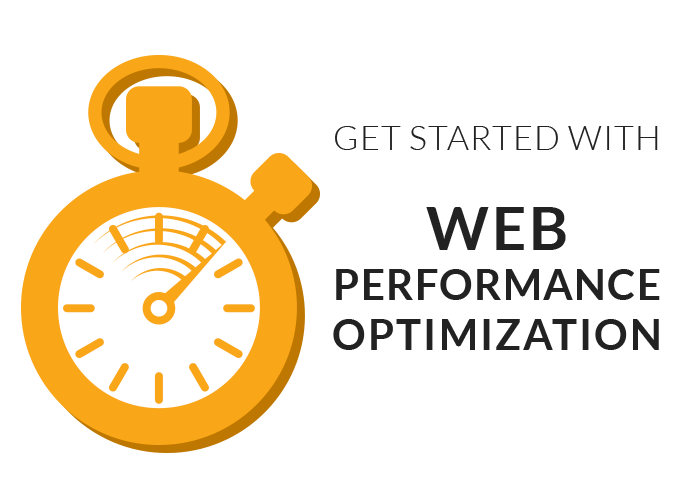Unveiling the Secrets of Ghosted Domains
Explore the intriguing world of expired domains and online opportunities.
Rev Up Your Website: Speeding Towards Success
Unleash your website's potential! Discover tips to boost speed and drive traffic like never before. Get ready to soar to success!
Top 10 Techniques to Boost Your Website Speed
In today’s digital landscape, website speed plays a crucial role in user experience and search engine optimization. A slow-loading website can lead to high bounce rates, negatively impacting your visibility on search engines. To improve your site’s performance, consider implementing these top techniques:
- Optimize Images: Compress images without losing quality to reduce load times.
- Minify CSS, JavaScript, and HTML: Strip unnecessary characters from your code to decrease its size.
- Leverage Browser Caching: Store frequently accessed resources locally on a user's device to speed up future requests.
Continuing with the website speed enhancements, here are more methods to consider:
- Use a Content Delivery Network (CDN): Distribute your content across multiple servers to serve it faster to users based on their geographical location.
- Reduce Server Response Time: Optimize your web hosting plan or switch to a more efficient server.
- Enable Compression: Use gzip or Brotli compression to reduce the size of files sent from your server to the user's browser.
- Implement Lazy Loading: Load images and videos only when they are visible in the user’s viewport, saving bandwidth and improving initial loading speed.

Is Your Website Slow? Here’s How to Diagnose and Fix It
If you’ve noticed that your website is running slowly, it can significantly impact user experience and SEO rankings. To diagnose the issue, start by utilizing tools like Google's PageSpeed Insights or GTmetrix to analyze your website's performance. These tools will provide insights into factors that contribute to slow loading times, such as image sizes, server response times, and script execution delays. Here are some common issues to look for:
- Large image files
- Excessive HTTP requests
- Unoptimized code
Once you've identified the problems, it’s time to fix them. Begin by optimizing your images using compression tools to reduce file size without sacrificing quality. You can also minimize the number of HTTP requests by combining and minifying CSS and JavaScript files. Additionally, consider implementing a Content Delivery Network (CDN) to distribute your site’s content more efficiently across various locations. By addressing these issues, your website's loading speed can improve significantly, leading to better user satisfaction and enhanced search engine visibility.
The Ultimate Guide to Website Optimization: How Speed Affects User Experience
In today's digital landscape, website optimization has become crucial for ensuring a seamless user experience. One of the key factors in website optimization is speed, as research shows that even a one-second delay in load time can significantly decrease user satisfaction. When your website loads quickly, visitors are more likely to stay and explore your content, whereas slow-loading sites often lead to high bounce rates. To put it simply, faster websites not only enhance user experience but also improve your website's search engine rankings, making speed a vital aspect of website optimization.
Moreover, a well-optimized website that prioritizes speed can lead to better conversion rates. According to recent studies, websites with loading times under two seconds have been shown to increase conversions by up to 200%. This improvement is vital for businesses looking to enhance their online presence and achieve their goals. Implementing strategies such as image optimization, leveraging browser caching, and minimizing HTTP requests are just a few ways to enhance speed. Ultimately, understanding the profound impact of speed on user experience is essential in crafting a website that not only attracts visitors but also keeps them engaged.